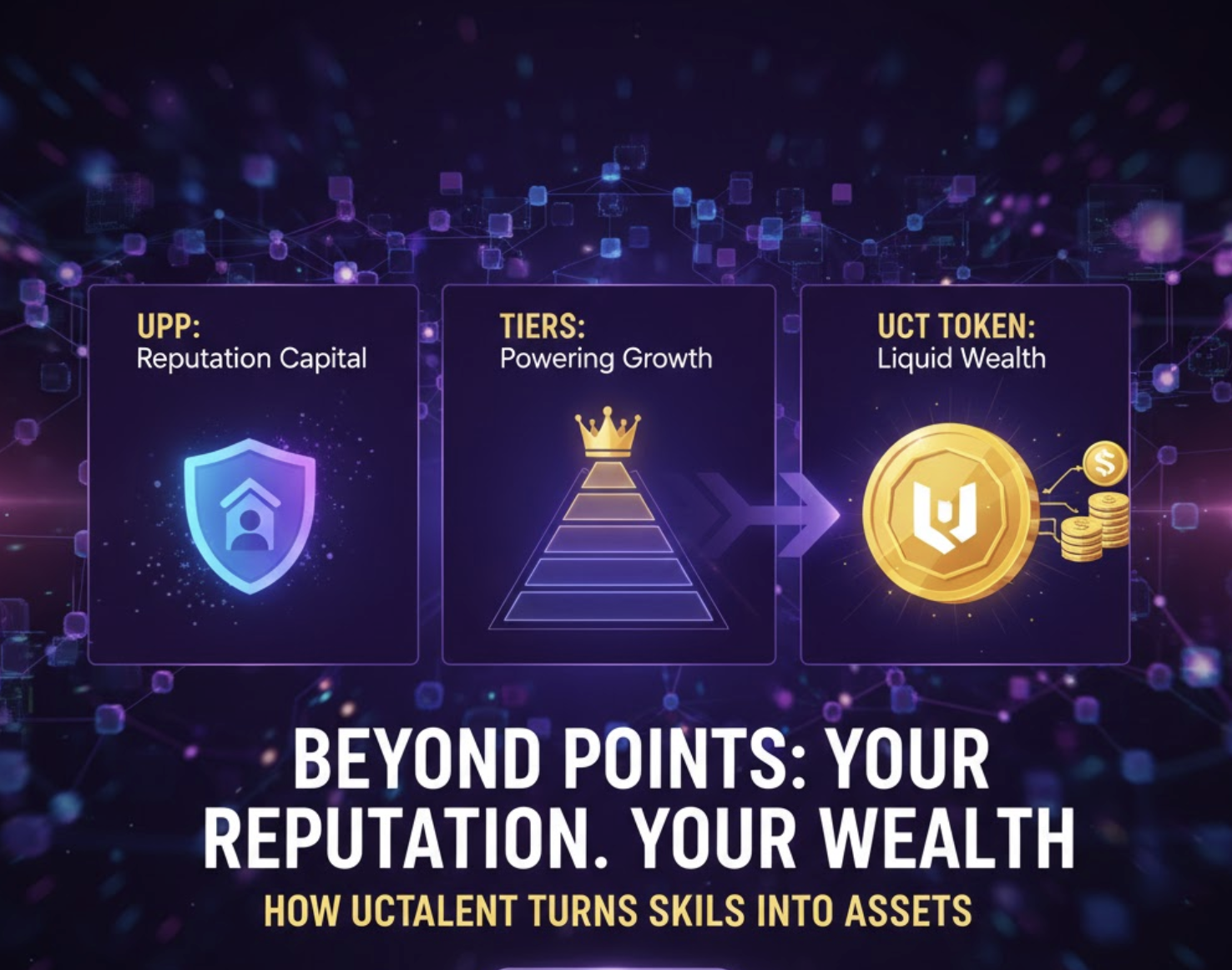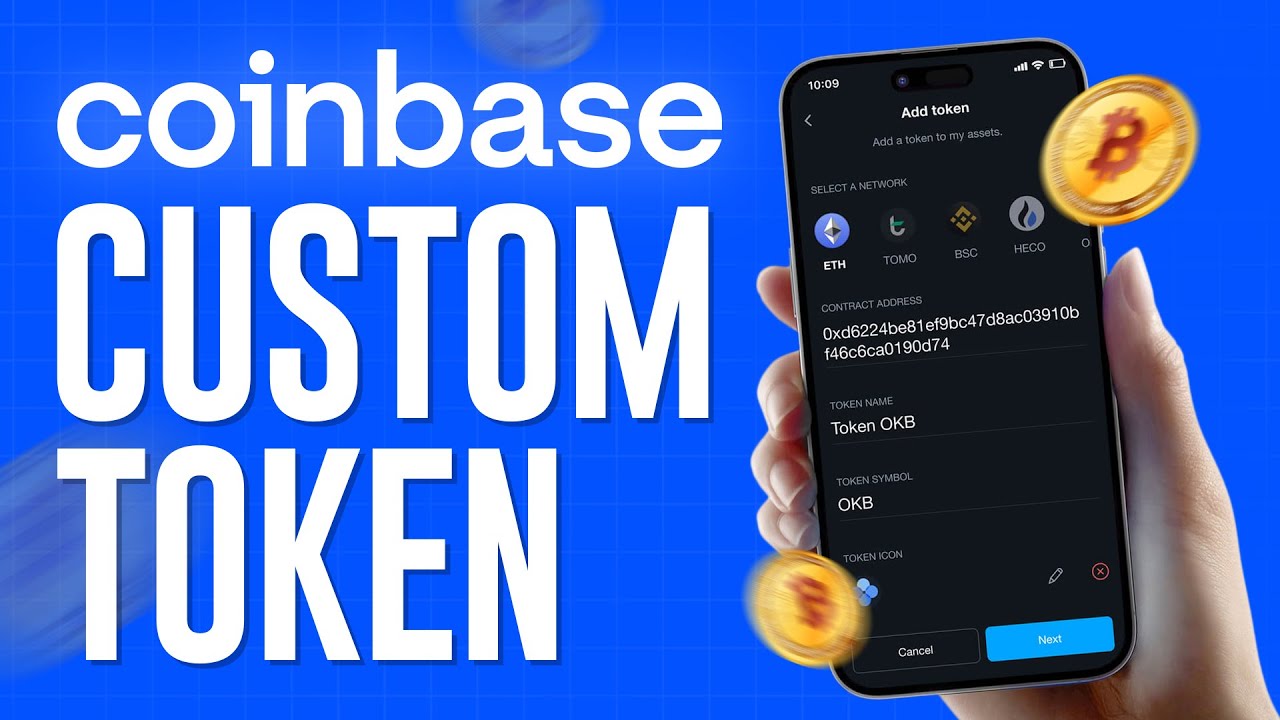A Beginner’s Guide: Decentralized Finance (DeFi)
In recent years, Decentralized Finance, or DeFi, has exploded onto the scene, offering a decentralized alternative to traditional financial systems. By eliminating intermediaries like banks, DeFi allows users to engage in financial transactions such as lending, borrowing and trading on open, permissionless platforms powered by blockchain technology. Let’s explore DeFi, how it works and how you can get involved.
What is DeFi?
DeFi is a blockchain-based financial ecosystem that provides access to various financial services without the need for traditional institutions. It’s powered by smart contracts, which are self-executing agreements stored on the blockchain. DeFi platforms operate globally, meaning that anyone with internet access and cryptocurrency can participate.

DeFi enables users to:
- Borrow and lend assets,
- Trade cryptocurrencies on decentralized exchanges,
- Earn interest by staking or providing liquidity,
- Participate in yield farming or liquidity mining for high returns.
While DeFi primarily runs on the Ethereum blockchain, other networks like Binance Smart Chain and Solana have become increasingly popular for hosting DeFi applications.
How DeFi Works
DeFi platforms replace traditional financial intermediaries with decentralized, automated processes. At the core of DeFi is the smart contract - a program that executes transactions once certain conditions are met. For example, when you lend your cryptocurrency on a DeFi platform, the smart contract will handle all aspects of the loan, from tracking interest payments to ensuring collateralization.
Here’s how it works in different use cases:
- Lending and Borrowing: Users can lend their crypto assets to others in exchange for interest or use their assets as collateral to borrow. Platforms like Aave and Compound offer decentralized lending services.
- Decentralized Exchanges (DEXs): Unlike centralized exchanges like Coinbase or Binance, DEXs like Uniswap enable peer-to-peer trading directly from your wallet. These exchanges rely on liquidity pools, where users contribute pairs of assets to facilitate trading.
- Staking and Yield Farming: Users can stake their tokens to earn rewards or participate in yield farming by providing liquidity to DeFi platforms. In return, they can earn high interest, but the risks such as market volatility and impermanent loss are significant.
CeFi vs DeFi: A Simple Comparison
.png)
Both Centralized Finance (CeFi) and Decentralized Finance (DeFi) provide financial services, but they work very differently. Here’s an easy breakdown of how they compare:
1. Who’s in Control?
- CeFi: A central authority, like a bank or an exchange, controls your money. You trust them to manage your funds, like Coinbase or Binance.
- DeFi: You’re in control. No middlemen, just you interacting directly with a decentralized system using platforms like Uniswap or Aave.
2. Transparency
- CeFi: You don’t see what’s happening behind the scenes. You trust the company to keep things running smoothly.
- DeFi: Everything is out in the open. All transactions happen on a public blockchain that anyone can check.
3. Security
- CeFi: CeFi platforms have customer support and sometimes insurance, but they can get hacked. If that happens, you could lose your funds.
- DeFi: No one can take your funds unless you let them. However, smart contracts could have bugs that hackers can exploit, and there’s no customer service if something goes wrong.
4. Rules and Regulations
- CeFi: CeFi follows strict rules. You need to verify your identity (KYC), and governments regulate these platforms.
- DeFi: DeFi has no rules or identity checks, but that means you don’t get legal protections if something goes wrong.
5. Who Can Use It?
- CeFi: You often need to create an account, verify your identity, and follow local regulations.
- DeFi: Anyone with internet and a crypto wallet can use DeFi, no matter where they are.
6. Fees
- CeFi: CeFi platforms charge fees for transactions and other services.
- DeFi: DeFi fees are usually lower since there are no middlemen, but you still pay network fees (gas) to process transactions.
7. Who Holds Your Money?
- CeFi: The company holds your money. If they get hacked or go bankrupt, your money could be at risk.
- DeFi: You hold your own money in a crypto wallet, so you’re responsible for keeping it safe.
8. Ease of Use
- CeFi: CeFi platforms are easy to use, with beginner-friendly features and support.
- DeFi: DeFi can be harder to learn and requires you to understand how wallets and blockchain work.
The choice between CeFi and DeFi depends on what matters most to you - convenience and regulation or control and freedom.
- CeFi is great if you want simplicity and security but are okay with trusting a company to handle your money.
- DeFi is perfect if you want full control and transparency but are ready to take on more responsibility for managing your own assets.
Key Benefits of DeFi
DeFi has gained traction for several reasons, offering unique benefits compared to traditional financial systems:
- Access for All: Anyone with an internet connection can access DeFi platforms, regardless of geographic location or financial status. This opens up financial opportunities for the unbanked or underbanked populations.
- Transparency: Every transaction made on a DeFi platform is recorded on the blockchain and can be viewed by anyone, ensuring transparency and security.
- Control: DeFi puts the user in control of their own assets. Traditional financial systems hold and manage your funds, but in DeFi, you manage your funds directly from your wallet.
- Lower Costs: DeFi removes intermediaries, resulting in reduced transaction costs. With no banks, brokers or third parties involved, fees are generally lower and processes are faster.
Challenges and Risks in DeFi

While DeFi presents numerous advantages, it’s important to understand the associated risks:
- Smart Contract Vulnerabilities: Smart contracts are only as secure as the code they’re built on. Poorly coded contracts can be exploited by hackers, as seen in notable DeFi hacks like the $600 million Poly Network exploit.
- Volatility: The crypto market is notorious for its extreme price volatility. Assets used in DeFi protocols can fluctuate rapidly, impacting the value of your holdings.
- Regulatory Uncertainty: As DeFi grows, governments are beginning to take notice. Regulatory scrutiny could affect DeFi platforms, possibly limiting access or imposing new restrictions on how they operate.
- Liquidity Risks: Some DeFi platforms rely on user-provided liquidity to function. If liquidity drops, users may find it difficult to trade or withdraw funds without significant slippage
How to Get Started in DeFi
If you're new to DeFi, follow these steps to get started:
- Get a Wallet: To interact with DeFi platforms, you’ll need a cryptocurrency wallet such as MetaMask or Trust Wallet. These wallets allow you to store and manage your digital assets.
- Fund Your Wallet: Purchase Ethereum (ETH) or another compatible cryptocurrency on a centralized exchange and transfer it to your DeFi wallet.
- Explore DApps: Visit popular DeFi platforms like Aave, Uniswap, or SushiSwap, connect your wallet, and start exploring different financial services. Make sure to do your research on the risks associated with each platform.
Related Articles
For more insights into blockchain and DeFi, explore the articles in the "A beginner's guide" series below.
- How to Launch Your Web3 Career
- Get to Know Blockchain
- Smart Contracts Unveiled
- A Beginner's Guide to Decentralized Applications
- Cryptocurrencies 101: The Backbone of the Web3 Economy
Conclusion
Decentralized Finance represents a significant evolution in the financial world, providing an open, transparent, and efficient alternative to traditional banking systems. While it offers high rewards, it’s important to approach DeFi with caution and awareness of the risks involved. As you begin exploring the DeFi ecosystem, start small, do thorough research, and keep up to date with the latest developments.
Join UCTalent: A Privacy Professional SocialFi Platform - Powered by AI and Blockchain Don’t miss out on the future of work! Sign up today and become part of a thriving community of forward-thinking professionals!












